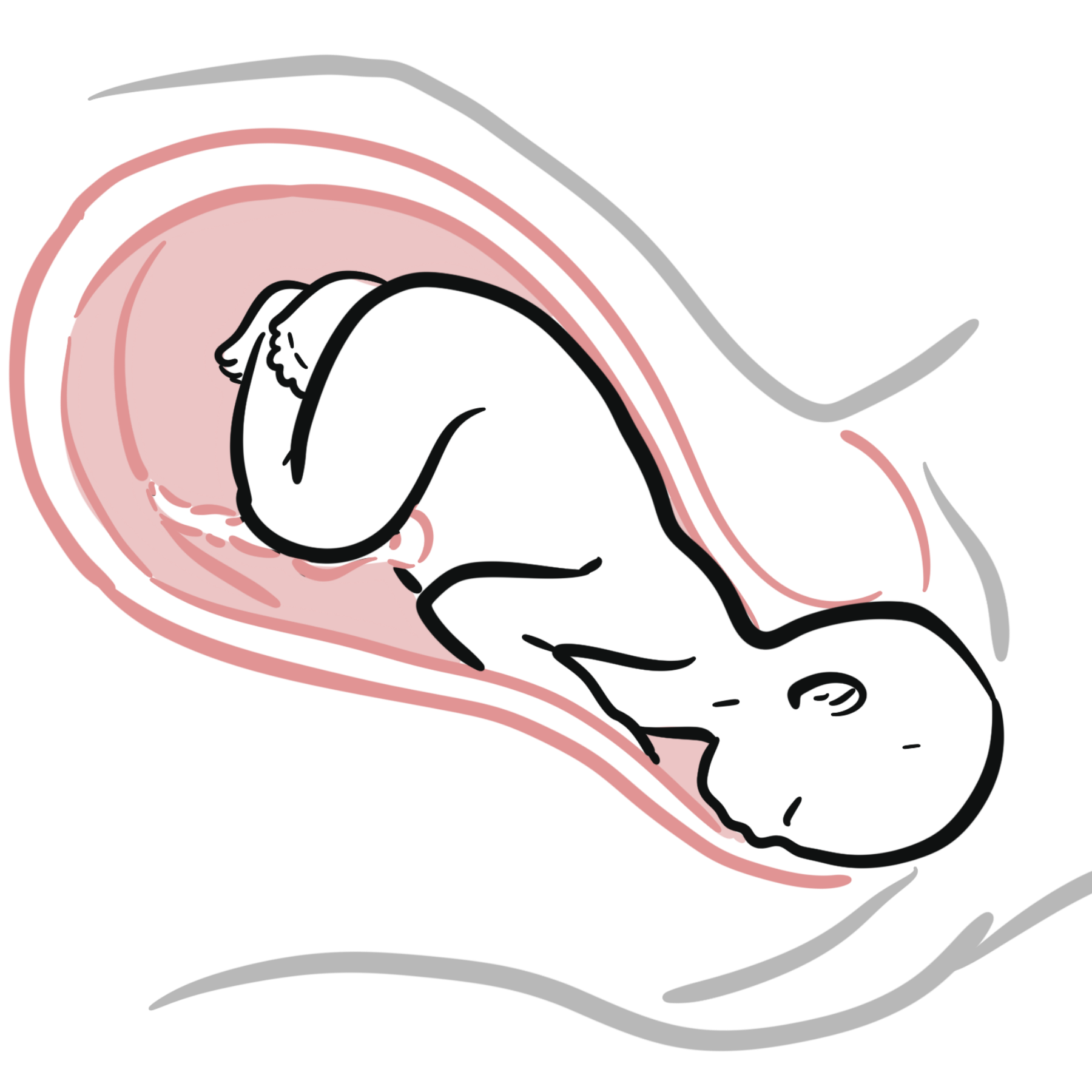Parturition and Routine Care


Preterm: defined as babies born alive before 37 weeks of pregnancy are completed.Term: defined as babies born alive after 37 weeks and before 42 weeksPostterm (induced for labour): defined as babies born alive after 42 weeks.
Complications of prematurity are the underlying reasons for the higher rate of infant mortality and morbidity in preterm infants compared with full-term infants. The risk of complications increases with increasing immaturity.
The first few minutes
The first hours
The first day
Infants sleep for most of the time and feed sometimes, but they must:
First examination (not discussed here)
The first week
The first month
Preterm is defined as a neonate whose calculated gestational age from last menstrual period is <37 completed weeks.
Most preterm have low birth weights, but not all low birth weights are preterms. Birth weight terminology.
Overview
Breastfeeding is recommended as sole source of nutrition until 6 months of age. Solid food commencement advised age 6 months (can be earlier). Weight gain should be 150-200g/week in first 6 months (20-30g/day). Weight loss immediately post birth – should be regained by 2 weeks.
Breast feeding Benefits
Maternal bonding, Passive immunity, Clean, cheap, nutritious, Decreased risk of allergy.
When is breast milk not enough?
Prematurity
Poor supply
Failure to Thrive is defined by crossing 2 or more centiles. Most common cause is non-organic problems (ie inadequate intake). Organic problems – (every medical problem you can imagine).

Please confirm you want to block this member.
You will no longer be able to:
Please allow a few minutes for this process to complete.
Discussion